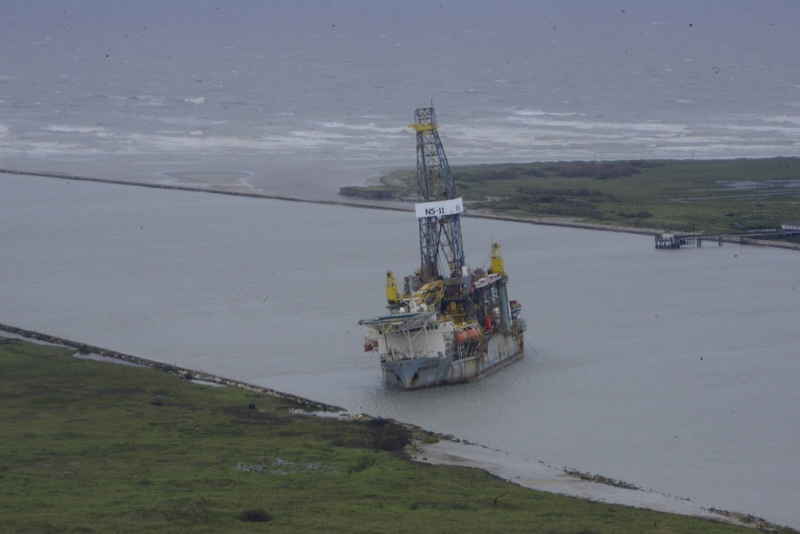The U.S. Committee on the Marine Transportation System (CMTS) recently issued the report, 2017 Hurricane Season: Recommendations for a Resilient Path Forward for the Marine Transportation System.
Developed by the CMTS Resilience Integrated Action Team (RIAT) and approved by the CMTS Coordinating Board at the meeting held Dec. 12, the report provides an overview of the impacts to the MTS during the 2017 hurricane season and identifies best practices and lessons learned for federal agencies. Applying the recommendations in this report can help to minimize the affect from future storms and other disruptive events, enhancing the resilience of the MTS and surrounding coastal regions, as well as supporting a stronger, more resilient U.S. economy.
Over the course of the 2017 hurricane season, Hurricanes Harvey, Irma, and Maria affected the operating status of at least 45 ports throughout the lower continental U.S. and U.S. Caribbean territories. These ports provide critical services to regional economies in the Gulf, Southeastern coast, and the Caribbean, and were confronted with a succession of major storms, each with unique challenges (e.g. major inundation from rainfall, uncertainty in landfall location, crippled energy, water, and transportation infrastructure) that affected major geographic regions. The scale and impact of these storms strained the U.S. emergency response community and the ability of federal MTS agencies to preposition and prioritize recovery efforts. Despite these challenges, the MTS community successfully adjusted in order to communicate and engage across sectors and quickly and efficiently reopen these ports.
For more information or to schedule a briefing on the report, please contact Katherine Touzinsky Chambers at [email protected] or Josh Murphy at [email protected].





